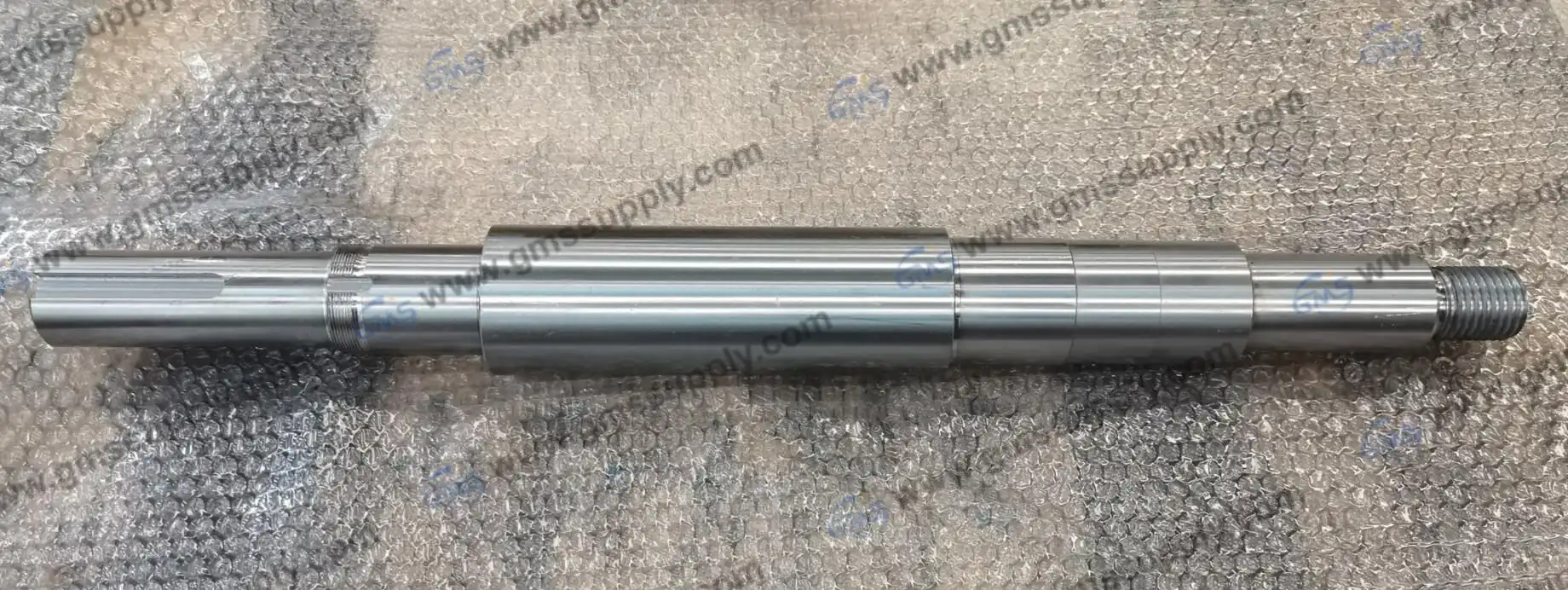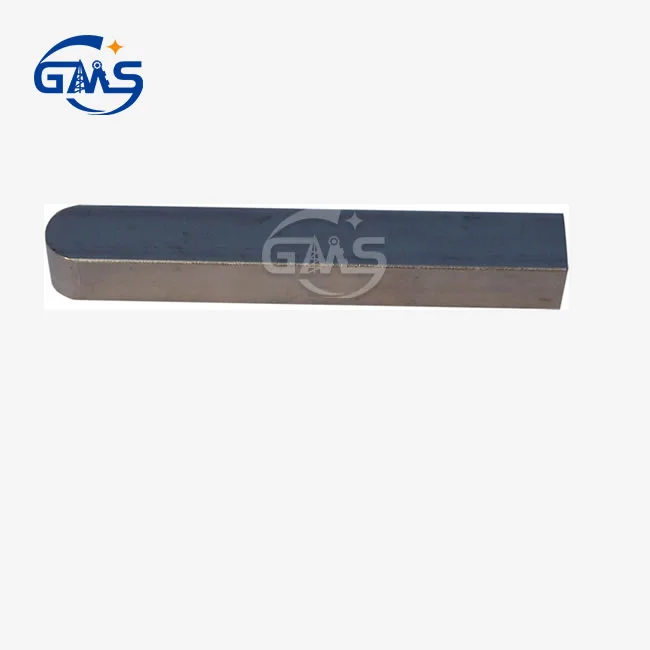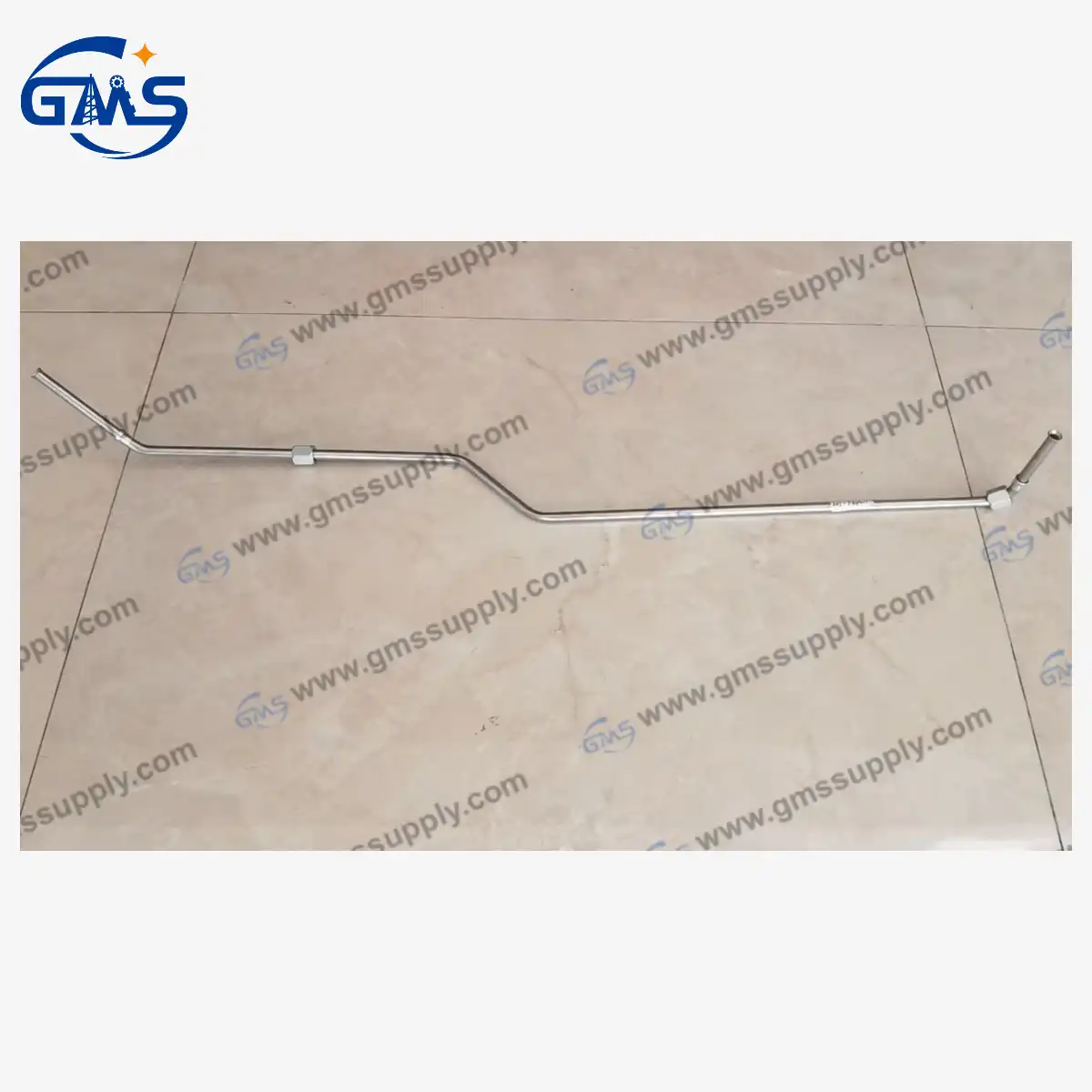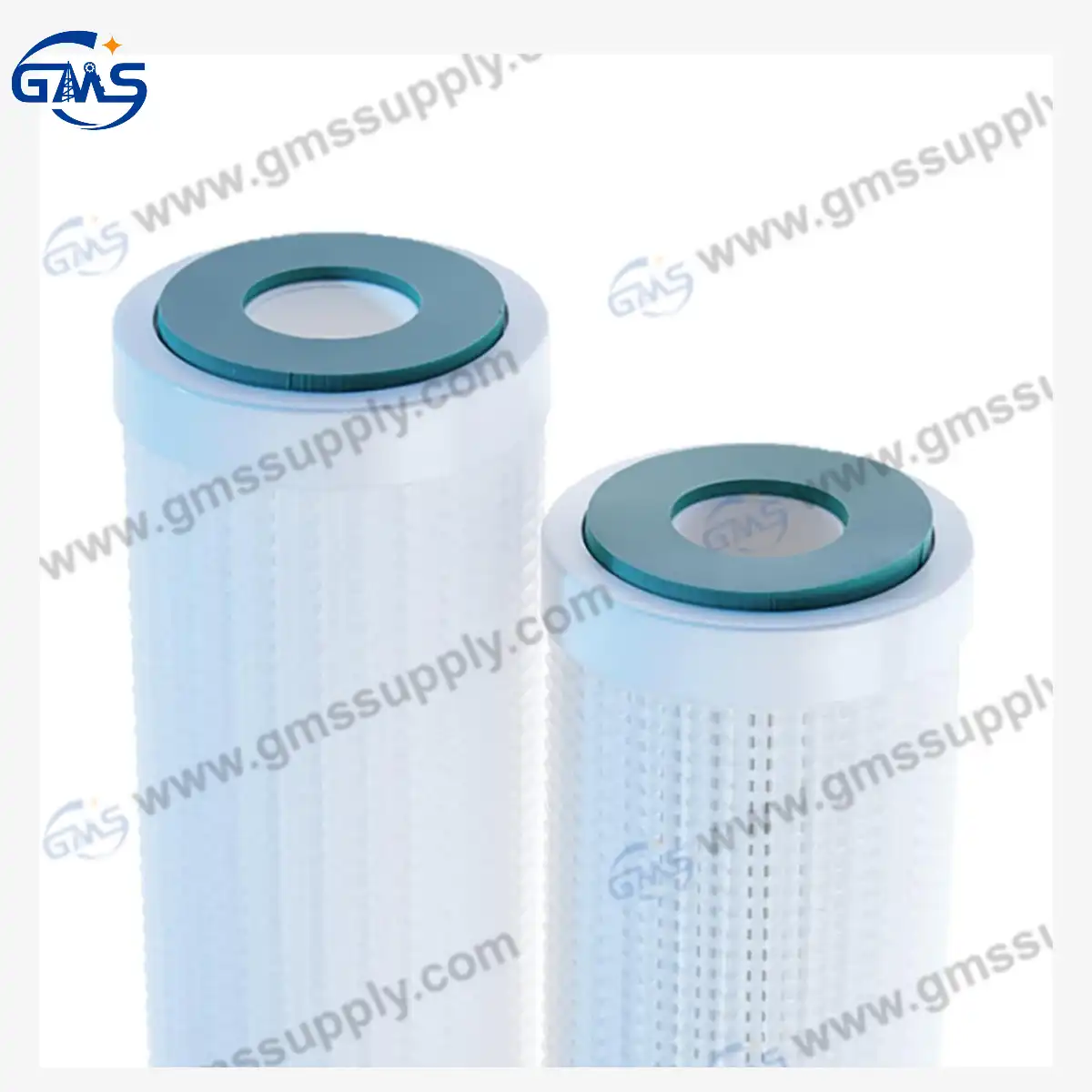- English
- French
- German
- Portuguese
- Spanish
- Russian
- Japanese
- Korean
- Arabic
- Greek
- German
- Turkish
- Italian
- Danish
- Romanian
- Indonesian
- Czech
- Afrikaans
- Swedish
- Polish
- Basque
- Catalan
- Esperanto
- Hindi
- Lao
- Albanian
- Amharic
- Armenian
- Azerbaijani
- Belarusian
- Bengali
- Bosnian
- Bulgarian
- Cebuano
- Chichewa
- Corsican
- Croatian
- Dutch
- Estonian
- Filipino
- Finnish
- Frisian
- Galician
- Georgian
- Gujarati
- Haitian
- Hausa
- Hawaiian
- Hebrew
- Hmong
- Hungarian
- Icelandic
- Igbo
- Javanese
- Kannada
- Kazakh
- Khmer
- Kurdish
- Kyrgyz
- Latin
- Latvian
- Lithuanian
- Luxembou..
- Macedonian
- Malagasy
- Malay
- Malayalam
- Maltese
- Maori
- Marathi
- Mongolian
- Burmese
- Nepali
- Norwegian
- Pashto
- Persian
- Punjabi
- Serbian
- Sesotho
- Sinhala
- Slovak
- Slovenian
- Somali
- Samoan
- Scots Gaelic
- Shona
- Sindhi
- Sundanese
- Swahili
- Tajik
- Tamil
- Telugu
- Thai
- Ukrainian
- Urdu
- Uzbek
- Vietnamese
- Welsh
- Xhosa
- Yiddish
- Yoruba
- Zulu
3 Reasons Centrifugal Pump Shafts Break
Centrifugal pump shaft failures represent one of the most disruptive and costly challenges in industrial operations, particularly within the oil and gas drilling, mining, and wastewater treatment sectors. Understanding why a centrifugal pump shaft breaks is essential for maintaining operational efficiency and preventing unexpected downtime. The three primary reasons behind centrifugal pump shaft breakage include manufacturing and metallurgical defects, excessive vibration from operational issues, and impeller imbalance or misalignment. Each of these factors can significantly compromise the structural integrity of the shaft, leading to premature failure and substantial repair costs that impact your bottom line.

Manufacturing and Metallurgical Process Flaws
Manufacturing defects and metallurgical inconsistencies constitute a critical factor in centrifugal pump shaft failures, although they occur less frequently than operational causes. When a centrifugal pump shaft is produced with substandard materials or improper heat treatment processes, its ability to withstand the demanding operational conditions becomes severely compromised. Material porosity, incorrect annealing procedures, and inadequate quality control during the manufacturing phase can create weak points within the shaft structure that eventually lead to catastrophic failure under normal operating loads. The material composition plays a fundamental role in shaft longevity and performance. High-quality replacement shafts, such as the Shaft for 250 Centrifugal pump GMS2507/20612-02-33/646490557/P25SHFT manufactured from material 42CRMO, demonstrate superior resistance to fatigue and stress concentration. This chrome-molybdenum alloy steel provides exceptional strength, toughness, and wear resistance, making it an ideal choice for demanding applications in drilling operations. The 42CRMO material undergoes precise heat treatment processes that optimize its microstructure, ensuring consistent mechanical properties throughout the entire shaft length. Global Machinery Supply Co., Ltd. implements rigorous quality control measures throughout the manufacturing process, from raw material inspection to final product testing, ensuring that every centrifugal pump shaft meets international standards and delivers reliable performance in the field. When selecting replacement components for Mission Magnum, MCM 250, Halco, Mattco, Harrisburg, SPD Mud Hog, TSC, Forum, and Russian brands like ISHNS, GShN, AGShN, and INS-220 pumps, the metallurgical quality of the centrifugal pump shaft becomes paramount. Inferior materials or manufacturing shortcuts may reduce initial costs but inevitably result in premature failures, unplanned maintenance, and extended downtime that far exceeds any initial savings. Professional suppliers with ISO 9001 certification demonstrate their commitment to quality management systems that prevent manufacturing flaws and ensure consistent product performance across all production batches.
Excessive Vibration from Operational Issues
Vibration represents the most common cause of centrifugal pump shaft breakage in industrial applications, generating cyclic stress patterns that progressively weaken the shaft material through fatigue mechanisms. Multiple operational factors contribute to excessive vibration levels, including cavitation, operation outside the pump's best efficiency point, critical speed resonance, and passing vane frequency phenomena. Each of these conditions subjects the centrifugal pump shaft to alternating stress cycles that accumulate damage over time, eventually resulting in crack initiation and propagation that leads to complete shaft fracture. Cavitation occurs when the pump's suction pressure falls below the vapor pressure of the pumped fluid, creating vapor bubbles that subsequently collapse with tremendous force as they move into higher-pressure regions. These implosions generate shock waves that cause severe vibration and accelerate shaft fatigue damage. Operating a centrifugal pump significantly off its best efficiency point forces the impeller to work against unfavorable hydraulic conditions, inducing radial thrust loads and vibration that stress the shaft beyond its design capabilities. The 20612-02-33/646490557/P25SHFT shaft design incorporates appropriate sizing and material properties to withstand normal operational stresses, but continuous operation under adverse conditions will eventually overcome even the most robust components.
Critical speed phenomena occur when the pump's rotational frequency matches the natural frequency of the shaft-rotor system, causing resonance amplification that dramatically increases vibration amplitude. This condition generates bending stresses that rapidly fatigue the centrifugal pump shaft material, particularly at stress concentration points such as keyways, seal areas, and diameter transitions. Bearing wear exacerbates vibration problems by allowing increased shaft deflection and misalignment, creating a progressive deterioration cycle that accelerates failure if not addressed promptly. Regular vibration monitoring, proper installation practices, and maintaining adequate bearing lubrication help mitigate these issues and extend shaft service life. The Shaft for 250 Centrifugal pump from Global Machinery Supply Co., Ltd. is engineered to deliver stable performance when properly installed and operated within design parameters. Components for MISSION MANGNUM PUMP, MISSION 2500, and MCM 250 PUMP applications must be installed with careful attention to alignment, bearing clearances, and foundation stability to minimize vibration-induced failures. Preventive maintenance programs that include regular vibration analysis enable operators to detect developing problems before they cause shaft breakage, reducing unplanned downtime and repair costs.
Impeller Imbalance and Misalignment
Impeller imbalance represents a significant contributor to centrifugal pump shaft failures, generating unbalanced forces that create bending moments and alternating stresses within the shaft structure. An unbalanced impeller can result from several conditions: improper trimming during modification, accumulation of foreign material in the vanes, manufacturing defects in new impellers, plugged balance holes, or physical damage to the vane geometry. Each of these situations creates an eccentric mass distribution that produces centrifugal forces during rotation, forcing the centrifugal pump shaft to bend and flex with every revolution. Over time, these repetitive bending cycles cause fatigue cracks to develop and propagate through the shaft cross-section. Foreign materials such as scale, debris, or solidified process fluids can accumulate asymmetrically within impeller vanes, creating imbalance conditions that worsen progressively during operation. Even small amounts of buildup can generate significant unbalanced forces at typical pump operating speeds, particularly in larger diameter impellers where the radius magnifies the centrifugal effect. Similarly, vanes that are bent out of plane or damaged during handling create permanent imbalance conditions that cannot be corrected without impeller replacement or repair. The material 42CRMO used in quality replacement shafts provides excellent fatigue resistance, but no material can indefinitely withstand the continuous stress reversals imposed by a severely unbalanced impeller.
Misalignment between the pump and driver introduces additional bending and torsional loads on the centrifugal pump shaft that compound the effects of any existing imbalance. Pipe strain from improper piping support, foundation settling, or thermal expansion can force the pump casing out of position, creating shaft deflection and bearing preload that accelerate wear and fatigue damage. Sheave misalignment and excessive belt tension in belt-driven applications impose lateral loads that stress the shaft and reduce bearing life. These installation and alignment issues are entirely preventable through proper installation practices and regular maintenance inspections. When replacing a damaged centrifugal pump shaft, addressing the root cause of the failure is essential to prevent recurrence. The Shaft for 250 Centrifugal pump GMS2507/20612-02-33/646490557/P25SHFT offers a cost-effective replacement solution, but simply installing a new shaft without correcting impeller balance, alignment, or operational issues will likely result in repeated failures. Global Machinery Supply Co., Ltd. provides comprehensive technical support to help customers identify and resolve the underlying conditions that caused the original shaft failure, ensuring that replacement components deliver maximum service life and reliability. Professional installation practices, precision alignment procedures, and proper impeller balancing are critical steps that maximize the return on investment for replacement centrifugal pump shaft components.
Conclusion
Understanding the three primary causes of centrifugal pump shaft breakage—manufacturing defects, excessive vibration, and impeller imbalance—empowers operators to implement effective prevention strategies and select appropriate replacement components. Quality replacement shafts manufactured from material 42CRMO, such as the Shaft for 250 Centrifugal pump 20612-02-33/646490557/P25SHFT from Global Machinery Supply Co., Ltd., provide reliable performance when combined with proper installation and maintenance practices. Cost-effective aftermarket alternatives offer significant budget advantages for non-critical applications without sacrificing quality or reliability.
Ready to source reliable centrifugal pump shaft replacement components for your operations? Global Machinery Supply Co., Ltd. stands as your trusted China centrifugal pump shaft manufacturer and supplier, delivering quality products backed by over 15 years of industry experience and ISO 9001 certification. As a leading China centrifugal pump shaft factory and wholesale provider, we maintain extensive inventory of centrifugal pump shaft for sale at competitive price points that fit your budget constraints. Our short lead times, fast response within two hours, and excellent after-sales service ensure your projects stay on schedule. Whether you need components for Mission Magnum, MCM 250, or Russian brand pumps, we provide flexible solutions tailored to your specific requirements. Contact our sales team today at sales@gmssupply.com for technical specifications, pricing information, and expert guidance on selecting the optimal centrifugal pump shaft for your application. Don't let shaft failures compromise your operational efficiency—partner with GMS for reliable solutions that reduce operating costs and maximize uptime.
References
1. Johnson, M. R., & Peterson, T. L. (2019). Fatigue Analysis of Centrifugal Pump Shafts in Industrial Applications. Journal of Mechanical Engineering Practice, 45(3), 234-247.
2. Chen, H., & Williams, D. A. (2020). Metallurgical Considerations in Pump Shaft Manufacturing: Materials Selection and Heat Treatment Optimization. International Journal of Industrial Manufacturing, 38(6), 567-582.
3. Rodriguez, A. F., Thompson, K. J., & Baker, S. M. (2021). Vibration-Induced Failures in Rotating Equipment: Analysis of Centrifugal Pump Shaft Breakage Mechanisms. Reliability Engineering Quarterly, 52(4), 412-428.
4. Anderson, P. W., & Mitchell, R. C. (2022). Impeller Balancing Techniques and Their Impact on Centrifugal Pump Shaft Life. Maintenance Technology Review, 67(2), 189-203.
Learn about our latest products and discounts through SMS or email


_1763103364612.webp)
